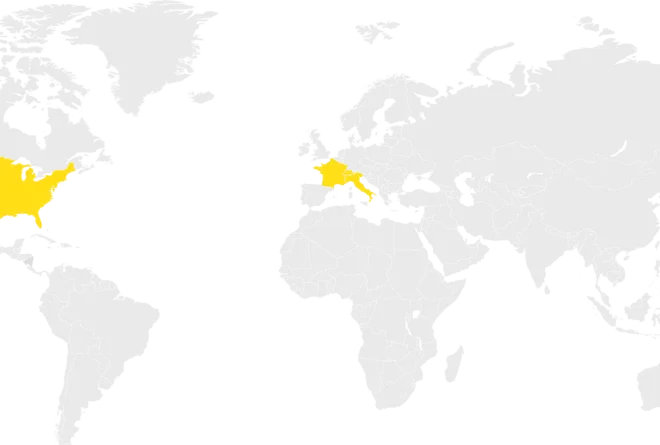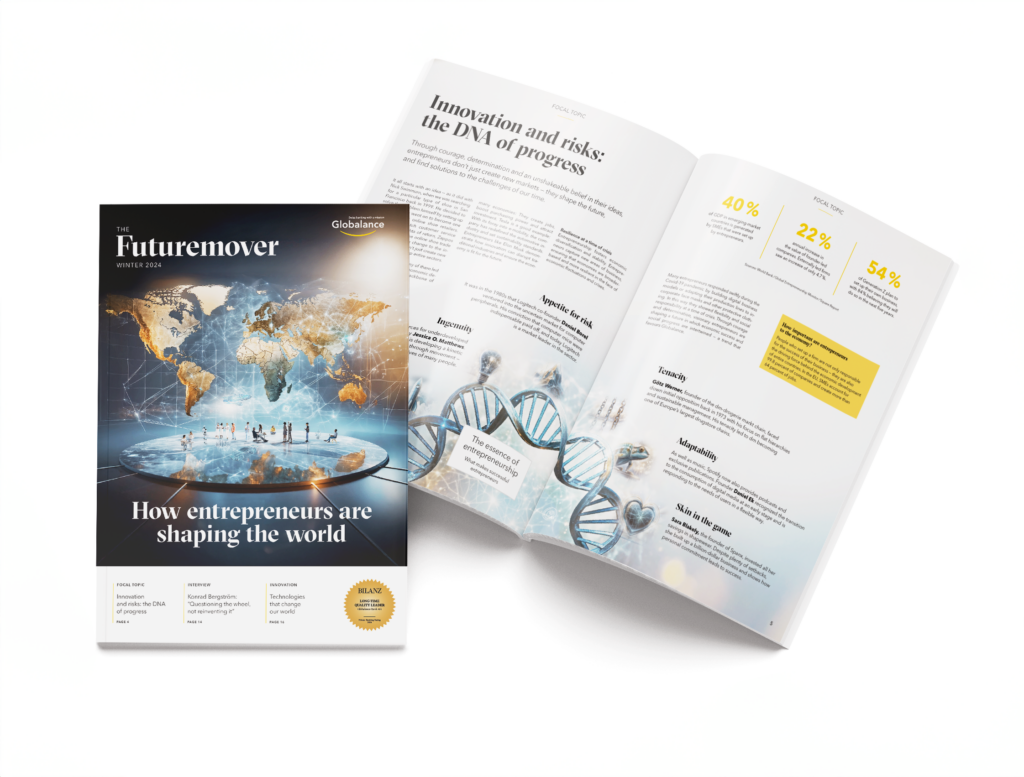News & Trends
Generation Zalando: Can Fashion be sustainable, ever?

60 percent of customers think transparency is important when shopping for fashion – but only 20 percent inform themselves about sustainability when shopping. These are the contradictory results of a study published by the fashion company Zalando. How does this paradox come about? And what can the fashion industry do to close this gap between values and action?
“As we set out in our sustainability strategy, it is our goal by 2023 to apply the principles of circularity and extend the life of at least 50 million fashion products. This is why we are introducing our customers to pre-owned fashion, and plan to make selling second-hand clothing as easy as buying.”
Kate Heiny, Director Sustainability, Zalando
What is it about
Zalando’s strategic goal is to become the leading fashion-platform. How does this objective stand alongside its public sustainability-commitments (e.g. the goal, by 2023, that 25% of their gross merchandise value to come from more sustainable choices)? As an important contribution to the debate, Zalando has published an Attitude Behaviour Gap Report.
In order to close the attitude-behaviour gap, Zalando summarises a series of recommendations that are primarily aimed at manufacturers and retailers. Among other things, the chain suggests focusing on transparency. Furthermore, sustainability should be talked about in a way that everyone understands – among other things because one in two people do not understand what sustainability means in relation to fashion.
Why is it important
First, Zalando has the leverage to speed up the entire fashion industry as it intends to “accredit” labels and producers only if sufficient sustainability credentials are in place.
Second, the “value-action-gap” is a long-known psychological phenomenon: we do not act as we announce in surveys. Zalando shows the causes and makes suggestions to reduce these behavioural contradictions.
The Globalance View
Zalando and all the other fashion- and apparel majors have yet to prove that the paradigm of a true circular economy is compatible with a successful business model. As of now, the track-record is poor. And Covid has made things much worse, particularly in producing countries.
As consumers as well as as investors, we need to decide for ourselves how we close our very own attitude-behaviour gap.
Be part of the solution and stay informed with the Futuremover magazine. Subscribe now for free and shape the future!



